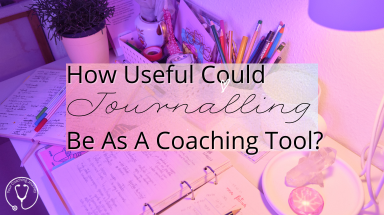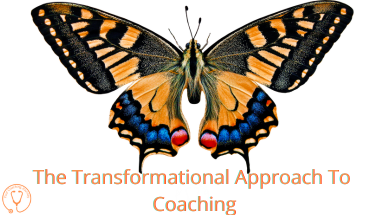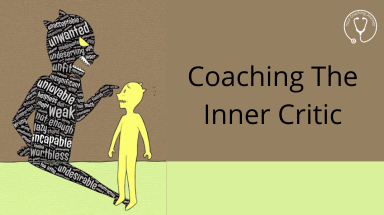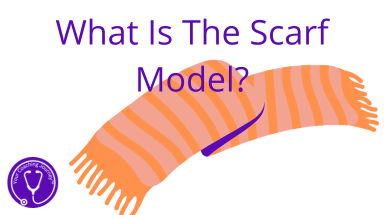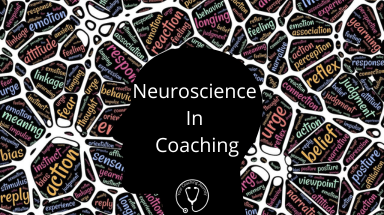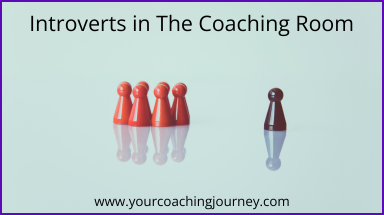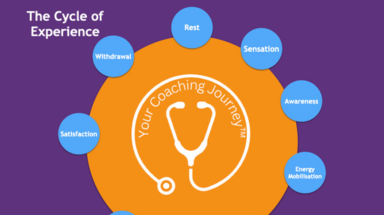The Doctors’ Coaching Blog
Here we share our thoughts on how doctors can utilise coaching to support those around them, from clients to patients, from mentees to trainees; from patients to colleagues; and from colleagues to family and friends. Well executed coaching skills have the ability to transform any conversation into an opportunity to generate new ideas and, from there, to transform relationships into more balanced and empowering thinking partnerships.
We’ll also share more insights in to our Doctors’ Transformational Coaching Diploma.
If you have something specific you are looking for, you can search for the keyword here:
Or Simply Browse our Articles About Coaching:
How Could Journalling Be Useful As A Coaching Tool?
How could journalling be useful in a coaching context? In this article we explore a couple of ideas that you may find helpful…
What Is Transformational Coaching?
In this article we explore what transformational coaching is for us, and why it is such a great approach to train in. It’s a fairly new coaching approach, and this is our take on it. Other people may have a different interpretation of what it means to them. Find out more now…
The Ikigai Model: Is Ikigai A Myth?
Is it essential to have a goal in order to have coaching?
Is coaching more about goals than anything else?
Read our thoughts on why coaching is much more than simply setting and working towards a goal. It could change..
Coaching The Inner Critic
As a coach, how can we help our clients deal with their inner critic? In this article we explore what the inner critic is and various ways we can work with our clients to helps them control or silence it
The SCARF Model
A useful model derived from social neuroscience research that can help our coaching clients gain some insights in to their…..
Neuroscience in Coaching
In this article we explore the how having an understanding of some basic ideas within neuroscience can help us to help our coachees more
Do I Need To Have A Goal For Coaching?
Is it essential to have a goal in order to have coaching?
Is coaching more about goals than anything else?
Read our thoughts on why coaching is much more than simply setting and working towards a goal. It could change..
Introverts In The Coaching Room
As a coach, is it better to be an introvert or an extravert? What type of things might an introvert bring to the coaching room and how might they be different to coach than extraverts?
The Cycle Of Experience
From the Gestalt approach to coaching, the cycle of experience is a useful model of change within the coaching room. Find out more…

